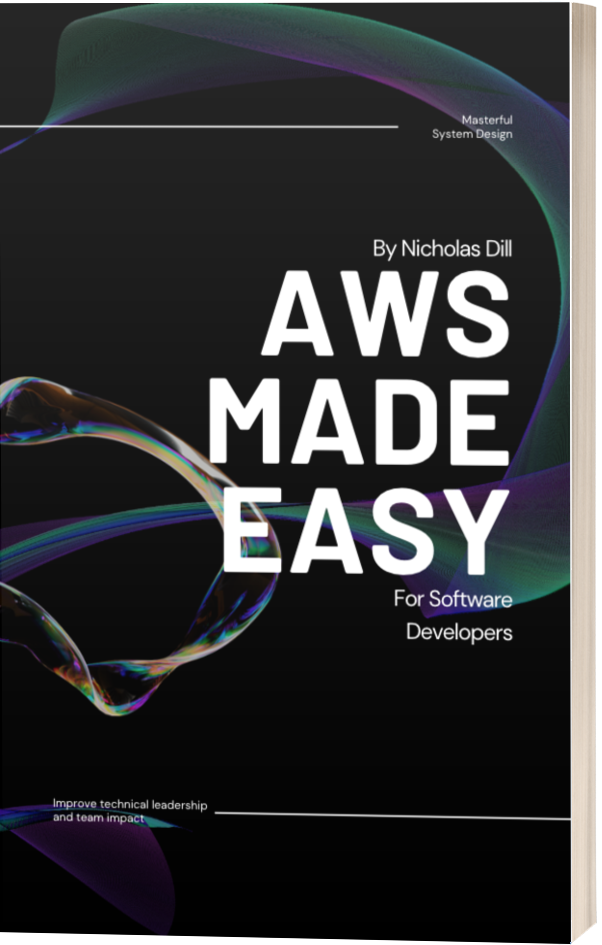How to Become a Software Engineer Without a Degree: A Step-by-Step Guide
In this day and age, a college degree is not always necessary to get a job in the software engineering field.
With the right skills, you can land an interview and be on your way to a successful career. In this guide, we will walk you through the steps necessary to become a software engineer without a degree. We will also provide resources to help you improve your development skills and increase your chances of getting hired.
Let's get started!
1. Learn and Build Programming Skills
The first step is to assess your skills.
If you have experience with coding, algorithms, and software development, then you already have a head start. If you do not have any experience, that's okay! There are plenty of resources available to help you learn the necessary skills.

I first learned to code through Codecademy and I think they have a great platform for introducing and teaching new programming languages.
Once you get the hang of the basics of programming, try tackling some interview-style programming challenges. LeetCode is my favorite platform because is organizes easy, medium, and hard challenges and lets you use many different programming languages.
Once you have a good understanding of your skillset, it's time to start building your resume.
2. Building a Strong Resume
When creating your resume, be sure to list any relevant experience you have, even if it is not in the software engineering field.
For example, if you have experience working with computers or coding languages, be sure to include that on your resume. If you do not have any direct experience, don't worry - there are other ways to show that you are qualified for the job.
For example, you can list projects you have worked on, technologies you are familiar with, or any relevant coursework you have completed.
I always recommend developers have a side project they work on. Especially new developers who are trying to get their first job. If you can list a website on your resume that hiring managers can navigate to and use, you have the opportunity to impress them and earn bonus points before you even meet them.
I landed my first job by sending the hiring manager the URL to a web app I built that allowed you to capture heatmaps of where people interact with your website. Each interviewer I spoke to asked me questions about that project instead of the tough interview questions you would normally expect.
3. How to Apply for Jobs
Once your resume is complete, it's time to start applying for jobs!
A good way to find open positions is to use a job search engine such as Indeed, Dice, or LinkedIn. Even better though, would be to work with a recruiter who is actively trying to fill open roles. You can also check the websites of companies you are interested in working for, as they often have job postings on their website.
When applying for jobs, be sure to tailor your resume and cover letter to each position.
This will show that you have done your research and are truly interested in the role. The cover letter is also a great opportunity to highlight any skills or experience you have that are relevant to the position.
If you're not finding success from job search engines alone, you are probably getting buried in a sea of applications. I would recommend connecting with recruiters on LinkedIn, asking them about open positions they are trying to fill, and having an honest conversation with them about where they think you stand as a candidate and if there are any skills you should work on.
I got my second job from a recruiter and man it was so much easier than my first job search. I didn't have to submit a single job application anywhere, the recruiter brought the jobs to me!
4. Preparing for Technical Interviews
After you have applied for jobs, the next step is to prepare for interviews.
This includes doing your research on the company, practicing your interviewing skills, and preparing answers to common interview questions. But honestly, once you get to this stage you should be proud of yourself.
Being able to schedule an interview with a company is validation that companies are interested and want you on their team. If you can get to this stage without having a degree in computer science, it's just proof that you have learned the necessary skills and built an impressive resume that catches the attention of hiring managers.
5. Getting the Job Offer
Once you have landed an interview, the next step is to impress your interviewer and land the job!
This can be done by asking thoughtful questions, demonstrating your technical skills, and showing your passion for the role. Just remember to be yourself and relax - the interviewer is on your side and wants you to succeed.
My advice from this stage onward is to focus on more soft skills like demonstrating that you can work well with the team. Communicate your ideas clearly and ask good questions. If you can impress the rest of the team on the interview loop they'll be more likely to give you the thumbs up when it comes time to make a decision.
If you follow these steps, you will be well on your way to becoming a software engineer without needing a college degree. With the right skills and a little bit of effort, you can land the job of your dreams. Good luck!
Resources:
